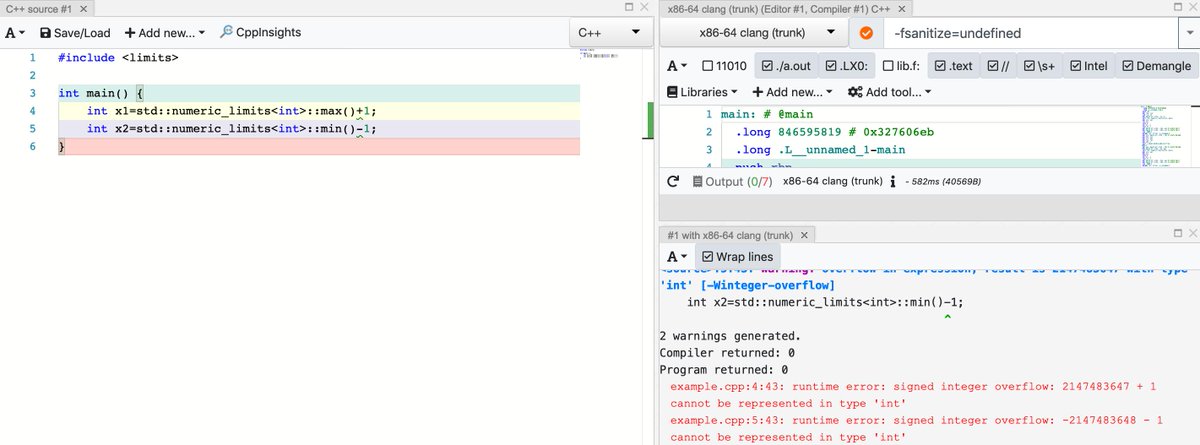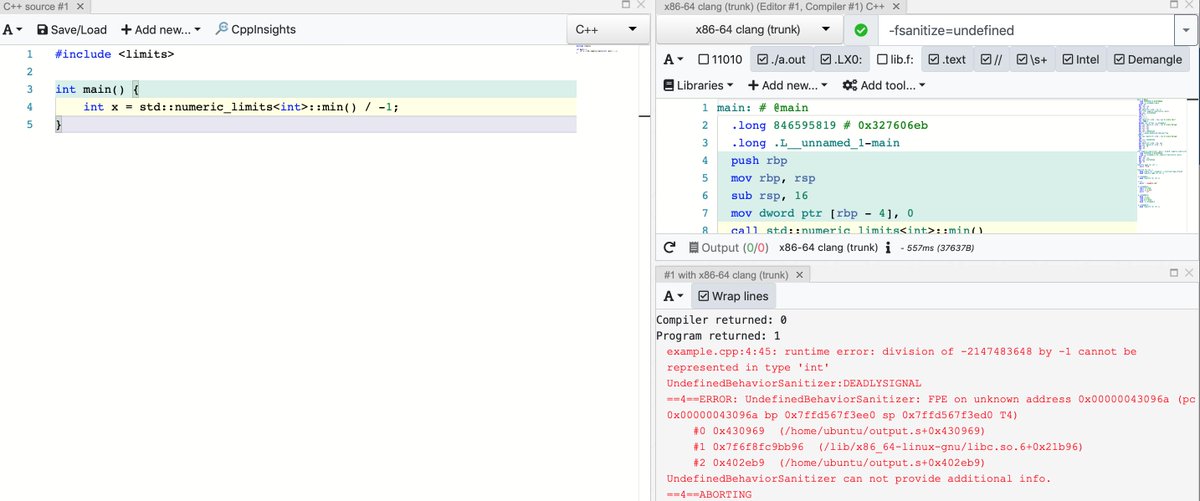When I'm programming, I am centered broadly on the cyclical application of small textual changes, each one producing value I then harvest to identify, enable, or energize the next.
You do you.
Unless I'm working on a problem I'm already quite intimate with, I start rolling code by, ummmm, furiously not typing any code into the computer.
I use "situating" on purpose. She is building what the army calls "situational awareness."
Let's wrap this. I can do more of these "How I Work" muses, focusing on aspects other than "Just Programming".
I hope you, too, have a wild and crazy Saturday night with good food, your sweetheart, doing something you enjoy!
















